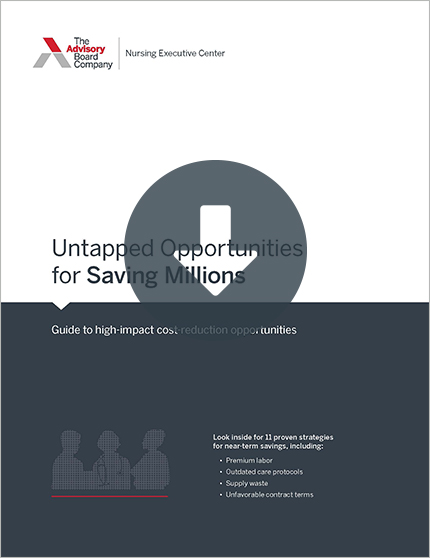Auto logout in seconds.
Continue LogoutEditor's note: This popular story from the Daily Briefing's archives was republished on July 24, 2019.
More hospitals are hiring experienced "nocturnalists" to improve patient safety and prevent calls to tired on-call physicians, Liz Kowalczyk writes for the Boston Globe.
Traditionally, residents and nurses manage patients overnight while more experienced physicians remain on-call from home. If the night staff need guidance, attending physicians—who had already worked a full day's shift—are called at home.
The changing physician workforce
"It always feels wrong when a nurse calls me at 2 a.m. and I want to be asleep and we need to talk about this patient," said John Nelson, a physician at Overlake Medical Center and co-founder of the Society of Hospital Medicine. "It makes sense to have somebody in the building."
Enter the "nocturnalists." They're experienced physicians, able to counsel residents about patient care. And they work only at night, taking the responsibility away from tired on-call physicians.
"There is a simplicity and clarity," said Sarah Henry, chief nocturnalist at Boston Children's Hospital. Night shifts are more casual, she added, without the worries of workplace politics or administrative meetings that can dominate the day.
The field is growing: In 2012, 55 percent of adult hospitalist groups maintained a physician in the hospital for the night shift. By 2014, that number had jumped to 81 percent.
Benefits of nocturnalists
Under the traditional arrangement, residents may be forced to perform procedures during the night shift that they don't feel ready for, or to make the tricky decision to contact the on-call physician. Nocturnalists can take those tough calls out of residents' hands. They also can ease ED congestion, as nocturnalists can admit patients at all hours.
Still, residents do see some benefits from the demands imposed by overnight shifts. The night shift "is a nice environment for trainees to practice with a little bit of autonomy and make decisions," said Elyse Portillo, a third-year resident at Boston Medical Center and Boston Children's.
But Portillo added that she's been grateful to have a nocturnalist on hand for trickier, complicated procedures.
Henry, the Boston Children's nocturnalist, said, "When you have a big complicated issue, it's better to have someone who can navigate it and think about whether there is a better option." At Children's, attending physicians typically work overnight in the ICU and ED, but the hospital still has doctors on-call for its oncology and pulmonology services.
Ebrahim Barkoudah, medical director of Brigham and Women's Hospital's nocturnist service, said he does not know of research that compares the safety of having attending physicians in the hospital overnight versus on-call.
Vincent Chiang, who leads the hospitalist program at Children's, said that for many hospitals "the issue is cost," adding, "Physicians are more expensive than trainees. And you need higher incentives to get people to sign up" for night shifts (Kowalczyk, Boston Globe, 7/4).
Win the war for physician talent
Physician recruitment is not a new problem. But generational changes and rising expectations for physician performance make competition for physician talent feel increasingly intense today.
Though recruitment challenges are deep-rooted, organizations can take steps to ensure their physician recruiting process is as effective as possible. Read the report to learn the four requirements for successful recruitment in today’s competitive market.
Don't miss out on the latest Advisory Board insights
Create your free account to access 1 resource, including the latest research and webinars.
Want access without creating an account?
You have 1 free members-only resource remaining this month.
1 free members-only resources remaining
1 free members-only resources remaining
You've reached your limit of free insights
Become a member to access all of Advisory Board's resources, events, and experts
Never miss out on the latest innovative health care content tailored to you.
Benefits include:
You've reached your limit of free insights
Become a member to access all of Advisory Board's resources, events, and experts
Never miss out on the latest innovative health care content tailored to you.
Benefits include:
This content is available through your Curated Research partnership with Advisory Board. Click on ‘view this resource’ to read the full piece
Email ask@advisory.com to learn more
Click on ‘Become a Member’ to learn about the benefits of a Full-Access partnership with Advisory Board
Never miss out on the latest innovative health care content tailored to you.
Benefits Include:
This is for members only. Learn more.
Click on ‘Become a Member’ to learn about the benefits of a Full-Access partnership with Advisory Board
Never miss out on the latest innovative health care content tailored to you.

